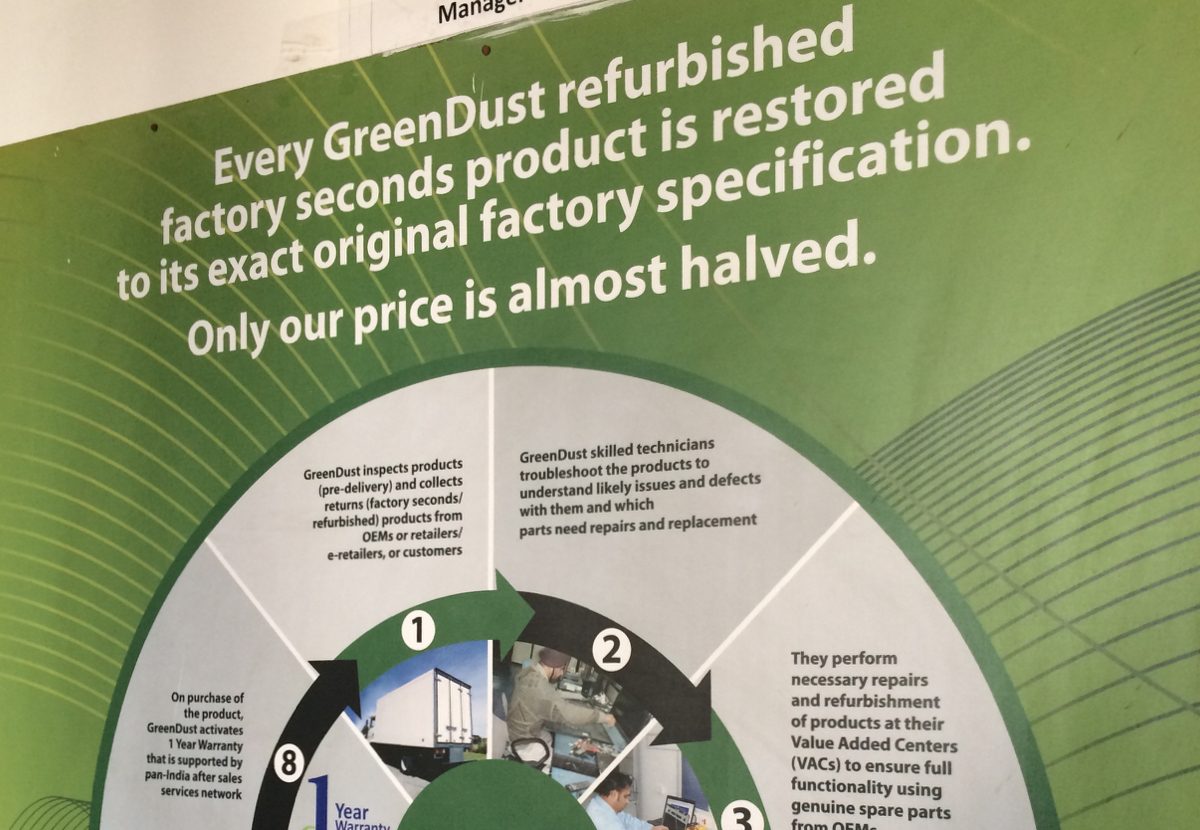


Hitendra and I discovered this opportunity through an iterative set of conversations that took place prior to funding the business. It was this deep engagement and exchange of ideas, even before there was an economic incentive that allowed for a strong relationship with an open exchange of ideas to develop.
Hitendra Chatruvedi met with us as he was getting ready to leave Microsoft. He’d just built Micorsoft’s OEM sales business in India to a $400MM machine but was eagerly awaiting his next big adventure. He saw an opportunity in B2C reverse logistics, a unusual choice in a market where Flipkart had begun getting hugely popular in India. Logistics was a bad enough word, to add reverse to it, made it even less exciting.
But Hitendra was smart, articulate and above all passionate. He knew what the opportunity in reverse logistics could look like as he had spent a few years building a similar business in the US and was clear that there was a huge market opportunity in India. Hitendra and I discovered this opportunity through an iterative set of conversations that took place prior to funding the business. It was this deep engagement and exchange of ideas, even before there was an economic incentive that allowed for a strong relationship with an open exchange of ideas to develop. And in 2009, Hitendra incorporated a company called Reverse Logistics Company (RLC) and set out to raise funds.
Here are the basics of the reverse logistics market. 5% of what is sold in the market come back through product defects, damage, overstock, end of life and customer returns. Original Equipment Manufacturers (OEMs) like Samsung, Lenovo, Dell, Haier typically hold these products in their warehouses for months while they figure out what to do with them. In this waiting period, the product rapidly depreciates in value, sometimes at the rate of 50% in 3 months. Greendust saw the opportunity to build an interesting business by zeroing in on the pain-point of helping OEMs dispose of this product more efficiently.
Interesting but not our cup of tea. Logistics and waste management didn’t seem like a good fit for our technology and data driven approach to building consumer businesses. But Hitendra was a solid entrepreneur and someone I was keen to work with. Based on our strong reference to the Mumbai Angels and an introduction to a former company from our portfolio (FirstBazaar - GreenDust’s first customer), Hitendra began his journey with $100,000. And with some capital in the bank and a customer acquired, Hitendra set to work to make refurbished a very attractive word and a very profitable world.